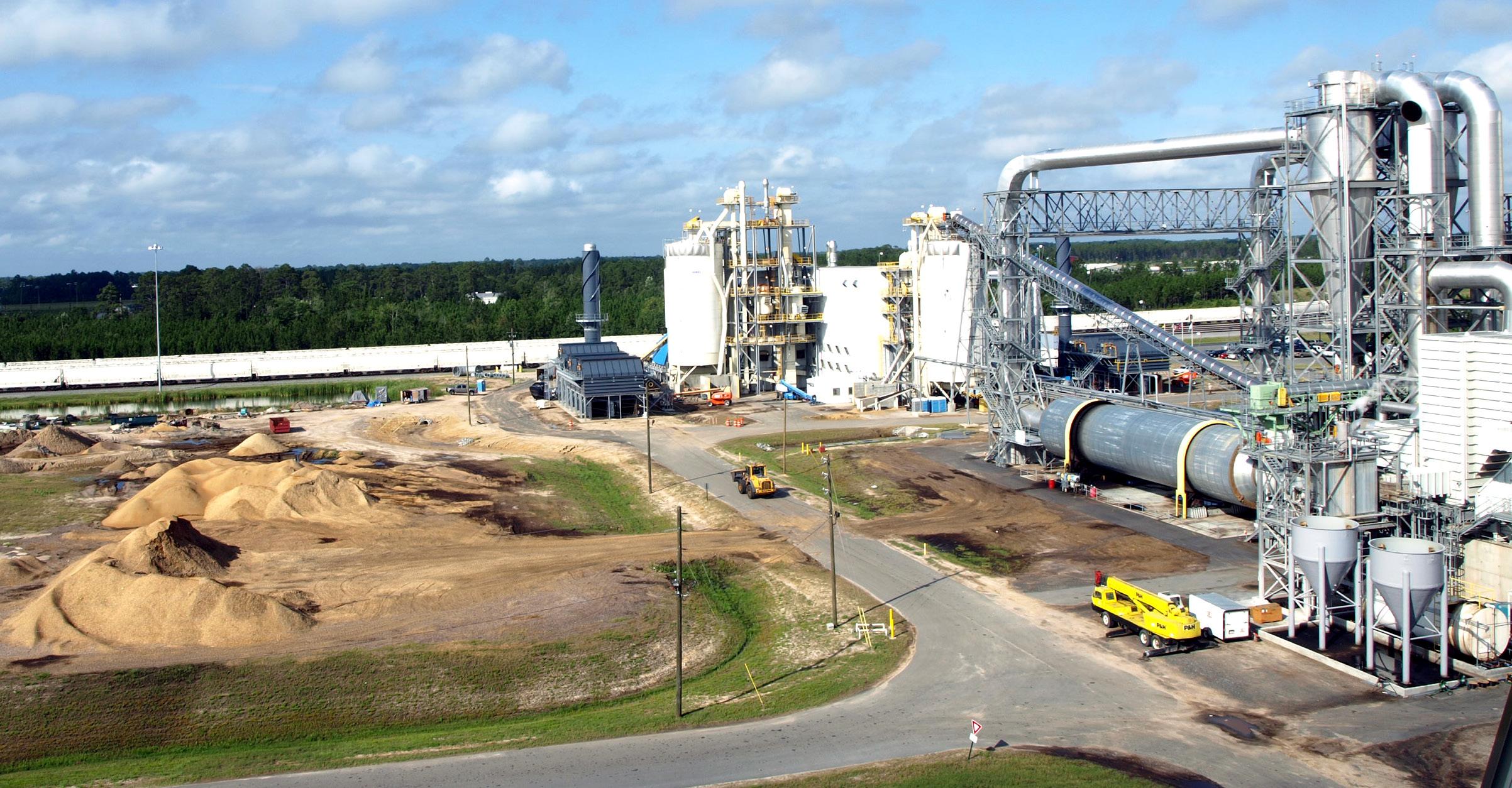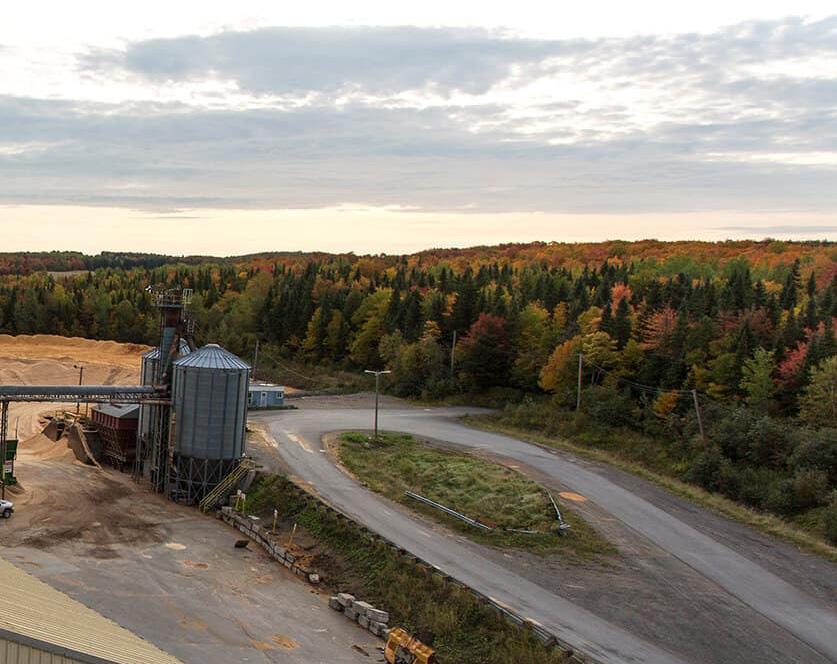
2 minute read
Codifying Wood Pellet Heating’s Renewable Bona Fides
BY TIM PORTZ
In the past year and a half, the Pellet Fuels Institute has found itself in the vexing position of testifying before two different committees within the International Code Council, defending the renewable nature of wood pellets for home heating. On its homepage, the ICC says it is a “leading global source of model codes and standards and building safety solutions that include product evaluation, accreditation, technology, training and certification.” ICC’s model codes serve as a reference point for municipal, state and federal regulators in the development of their own building codes. The council makes recommendations on the items you would expect to fall within the purview of commercial and residential building codes, such as guidance on the R-value requirements of insulation to the moisture barrier requirements in home foundations. Increasingly, however, the ICC is pushing beyond these traditional areas of focus and ratcheting up its energy efficiency and sustainability efforts with an eye on driving carbon out of the world’s residential and commercial building stock. While those ambitions are honorable and the work is important, the opportunity to get some things wrong, particularly the treatment of wood heating within the International Energy Conservation Code, is very real. Specifically, the question before both the commercial and residential committees within the International Energy Conversation Code is what kinds of biomass-derived energy would be considered renewable for new residential construction. Increasingly, devisers of building codes are looking for guidance on how to include renewable requirements in their code structure for new construction. It isn’t difficult to imagine communities requiring a certain minimum level of renewable energy production and consumption to be built into the home. To support that, there must be a list of technologies that do and do not qualify. The code currently identifies “Energy derived from solar radiation, wind, waves, tides, landfill gas, biogas, biomass or extracted from hot fluid or steam heated within the earth” as technologies that can be considered. Believing that “biomass” was far too broad, the New Buildings Institute, a committee member, introduced new language to further clarify biomass and exclude wood and wood-derived fuels. Specifically, NBI suggested revised language changed “biomass” to “biomass waste” adding a definition of biomass waste that stated, “but excludes wood and wood-derived fuels (including black liquor) biofuels, feedstock, biodiesel and fuel ethanol.” With the adoption of this language, anyone using the ICC’s International Energy Efficiency Code as a reference for their own renewable energy requirements in building codes would similarly exclude wood and wood pellet heating. The Pellet Fuels Institute cannot let language like this be forwarded for consideration without objection.
The motivations for the introduction of this amended language stems from a misunderstanding of the domestic wood pellet industry mixed with with a heaping teaspoon of the anti-biomass rhetoric the industry has been fighting for years. During a committee hearing, proponents of the language stated that “we need to stop burning things for energy” and that the wood pellet sector was resulting in “deforestation in the Southeast [U.S.].” The deforestation assertion has been and will continue to be disproven by growth versus drain data. Moreover, wood pellets for home heating are not manufactured using softwood fiber from the Southeast, but rather, from hardwood residues from sawmills and secondary wood product manufacturing sites all across this country.
The Pellet Fuels Institute made this point and numerous others in public comment forums and will continue to do so on behalf of its manufacturers. Most bothersome of all is that this proposed language and definition welcomes biomass energy sources that aren’t even relevant for a home—like sludge waste and agricultural crop byproducts—but slams the door on a proven (and yes, renewable) technology that millions of American households are using successfully today.
The good news is this proposed language was rejected, and before it was it galvanized, the impressive ad-hoc group of wood heat defenders who won this battle recognized that the effort to defend wood heating as a renewable and sustainable technology will be a much longer campaign, indeed.
Author: Tim Portz Executive Director, Pellet Fuels Institute tim@pelletheat.org www.pelletheat.org










